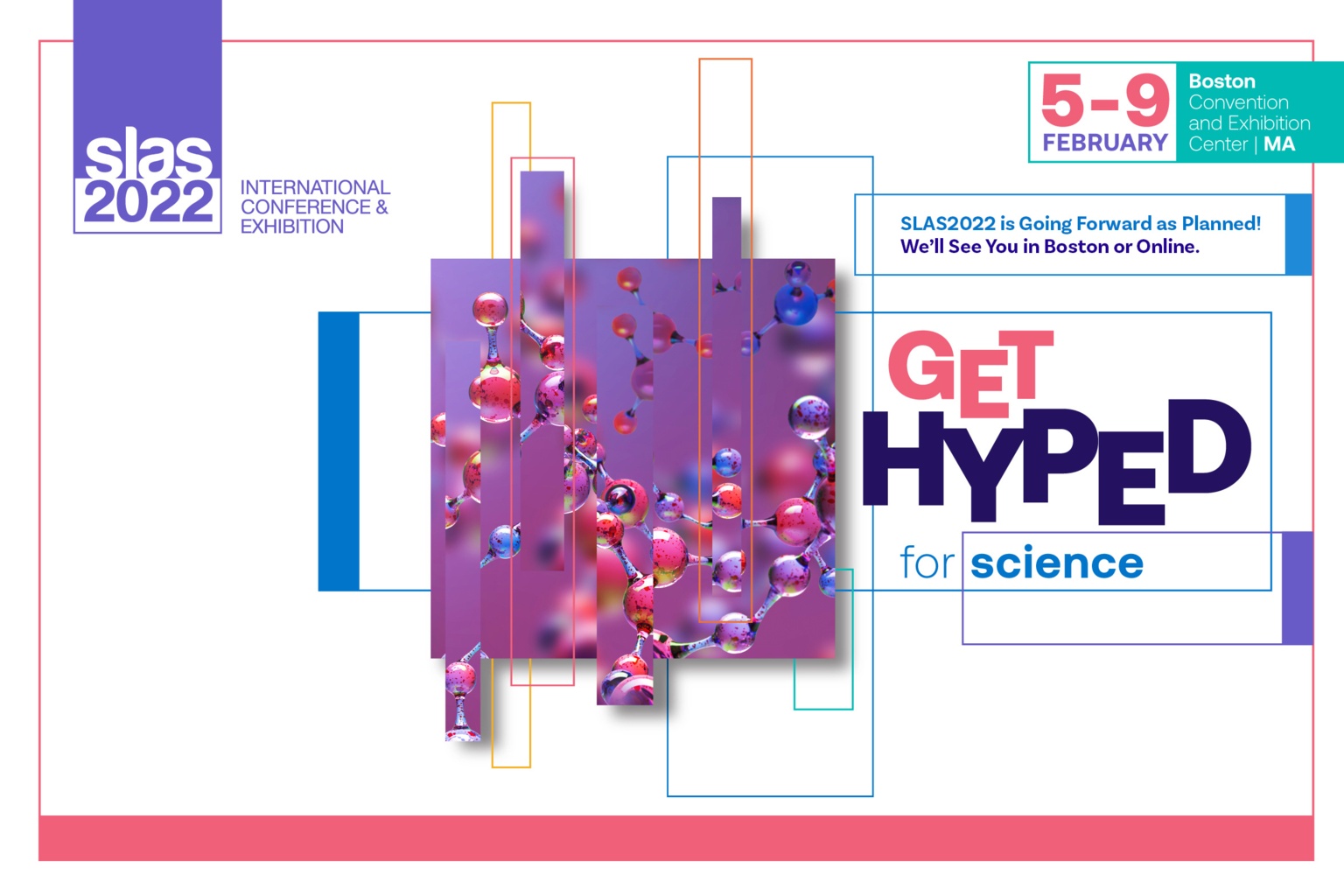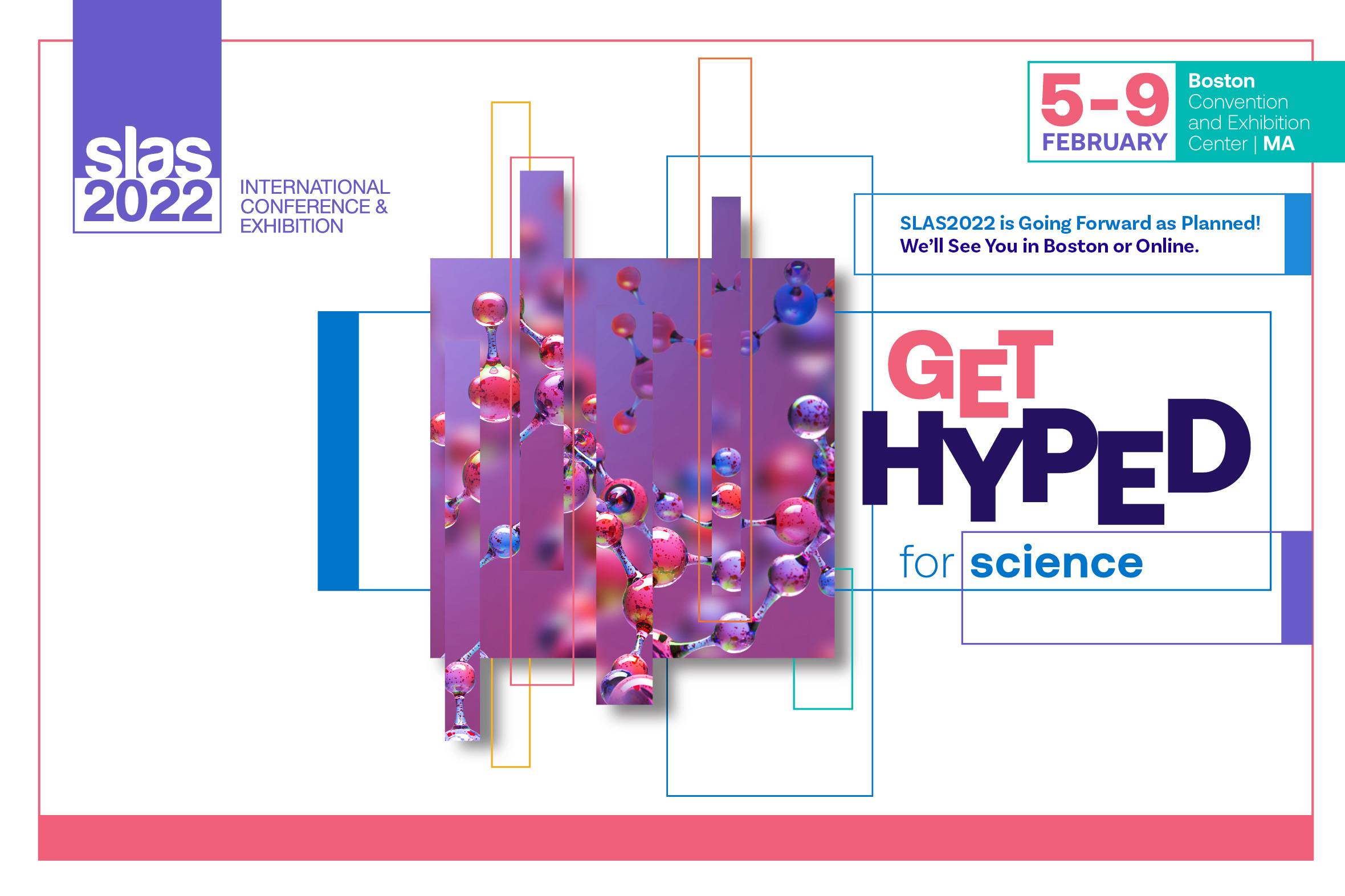February 5-28, 2022
Boston Convention & Exhibition Center
Boston, MA, USA


February 5-28, 2022
Boston Convention & Exhibition Center
Boston, MA, USA
Instructors will be presenting virtually. A laptop will be required to access the course.
The course will be delivered in two parts; the first section will focus on the theoretical aspects of each biophysical method in a seminar format and in the following section their practical applications will be brought to light in an open and active discussion format.
During the first section, attendees will receive a series of brief high-level presentations concerning the biophysical theory behind each technology and its application in lead finding, hit validation, as well as more in-depth mechanistic studies. This will enable attendees to gain a rapid overview of the most relevant biophysics/ label-free technologies for screening and lead finding/characterization.
In the second section you will be presented with some challenges on how to effectively apply those technologies by looking at a range of common scenarios from different phases of lead discovery. This will include fragment-based drug discovery, hit validation and confirmation, in-depth hit characterization and support of HTS assay development.
General introduction into affinity-based methods and their application in Drug Discovery: (articles which describe how the approaches work, caveats, and a summary of their impact)
Background Information on each technology/approach:

Christian Bergsdorf, Ph.D.
Novartis Institutes for BioMedical Research Basel, Chemical Biology and Therapeutics; Protein Sciences
Since 1999, Christian has been working in different academic, biotech and big pharma research institutes, focusing on mechanistic protein characterization and development / implementation of new biochemical / biophysical assay techniques in the early lead discovery process. In 2008, he joined the Biophysics group in Novartis Basel as a laboratory head. In his function, he applied and tailored biophysical methods for their usage in early lead finding/validation and MoA studies to get a deeper understanding about target-ligand interactions. Addtionally, he evaluated and implemented new biophysical approaches in early lead discovery to enable higher throughput biophysics and to tackle difficult targets as membrane proteins, protein complexes, nucleic acids.

Geoff Holdgate, Ph.D.
AstraZeneca R&D UK, Discovery Sciences, HTS
Geoff joined ICI as a member of the Protein Function Team in 1992. ICI Pharmaceuticals subsequently became Zeneca Pharmaceuticals, which merged with Astra to form AstraZeneca. During the last 26 years Geoff has applied the techniques associated with mechanistic enzymology and biophysics to the study of structure-function relationships on numerous drug targets and associated ligands, including several successful projects producing marketed drugs. As a Principal Scientist in Biophysics, he has applied biophysical methods to facilitate the mechanistic characterization of protein-ligand interactions and to enable fragment-based lead generation approaches. He has had a shared responsibility for, and an excellent track record of, developing and implementing new biophysical approaches to aid early lead finding activities. He has recently taken up the position of Associate Director in High-throughput Screening at AstraZeneca, where he will continue to promote the use of biophysical methods for identifying, evaluating and characterizing hits and leads.